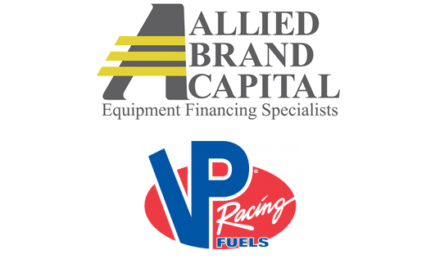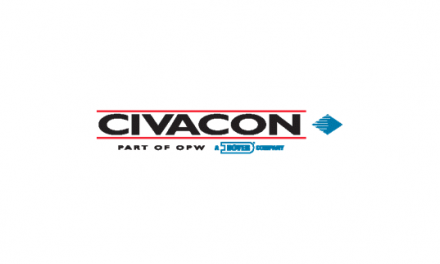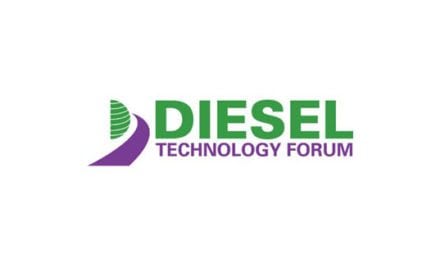By Glenda Preen, Worldpay
As more and more U.S. retailers are adopting EMV terminals, consumers are becoming increasingly familiar with, and supportive of, paying with chip cards. Though many convenience stores have installed in-store EMV-enabled terminals, many of those same merchants have yet to install EMV-enabled payment terminals at their fuel pumps. While there is a significant cost associated with upgrading these devices—in terms of both money and time—the fast-approaching liability shift in October 2020 for Automated Fuel Dispensers (AFDs) makes addressing this gap critical for fuel merchants.
The convenience and retail petroleum industry has more than 150,000 merchant locations in the U.S. with approximately 124,000 selling fuel[1]. These locations account for 80 percent of gasoline sold in the U.S. Over 59 percent of retail petroleum sites in the U.S. are single-store operations owned by independent merchants[2].
A typical gas pump forecourt has an average of six dispensers (with a fueling station on each side of the dispenser) which could require wholesale replacement of the physical payments infrastructure. The average cost per store to become EMV compliant is about $30,000[3]. Each site may also have multiple types of outdoor terminals, multiple types of Fuel Forecourt Controllers (FFC) and one or more Electronic Payment Server (EPS) applications. If the pump cannot accept an EMV upgrade kit, replacement—including new machines, infrastructure changes and labor–can cost more than the average profit an independent fuel merchant will see in a year. What’s more, the evolving specification for fleet card processing in an EMV and encryption-enabled landscape compounds the complexity of system upgrades. All of this has led many fuel retailers to take a “wait-and-see” approach.
There are certainly reasons to delay or avoid taking on this huge expense and hardship. However, fuel merchants need to understand that in the end, there is more to gain than lose with the upgrade to EMV enabled pumps. To start, it’s important to consider the reasons for chip cards adoption globally. Payment card fraud is a growing problem. A recent Nilson report projects card fraud will cost merchants worldwide a total of nearly $33 billion in 2021, with the U.S. comprising 35 percent of that figure. The adoption of EMV is designed and proven to reduce counterfeit card fraud, saving fuel merchants significant dollars in counterfeit fraud chargebacks. Any merchant who isn’t EMV-capable at the pump by the October 2020 deadline assumes the liability associated with counterfeit fraud activity. As merchants in other industry verticals continue to roll out chip card acceptance, counterfeit fraud will become more and more concentrated in those verticals and those individual merchants that haven’t migrated.
Fuel merchants should also consider PCI Security Standards. These are standards set by the PCI Security Standards Council, which aim to establish and promote the security of cardholder data across the globe. The council is composed of major card brands including Visa, Mastercard and American Express. The individual card brands could impose significant fines on any merchant not compliant with PCI standards in the event of a breach.
Consumers welcome the use of EMV. Recent Worldpay data shows that support for EMV has steadily increased since 2016—three-quarters of people reported not having any difficulties with EMV-enabled cards in the past year. What’s more, both men and women are increasingly trusting of the security associated with EMV—72 percent of people feel that EMV-enabled cards have higher security than non-EMV enabled cards. As consumers become savvier to the huge risk of card fraud, they are also more likely to look to buy goods and services from merchants who can offer them added protection against fraud. While the short-term costs can seem overwhelming, it’s the long-term costs of not converting that could hurt merchants most. Further, most payment terminals being deployed today have advanced features, like support for contactless payments, preparing merchants for future changes in consumer behaviors and expectations.
It’s understandable that fuel merchants would seek to postpone or altogether avoid taking on these costs, but the long-term cost of not being capable of chip card acceptance has the potential to be significantly higher than the cost of the upgrade itself. Chip payments are the foundation and the future of payment acceptance.
 With nearly 24 years of experience in payments and compliance, Worldpay’s Enterprise Relationship Manager Glenda manages existing petro/c-store merchants, helping them increase profitability and reduce operating costs in addition to offering new products and retaining merchants by providing superior customer service. Preen has also participated in standards organizations for eight years, including: the PCI Security Standards Council, ANSI X.9 and TR39.
With nearly 24 years of experience in payments and compliance, Worldpay’s Enterprise Relationship Manager Glenda manages existing petro/c-store merchants, helping them increase profitability and reduce operating costs in addition to offering new products and retaining merchants by providing superior customer service. Preen has also participated in standards organizations for eight years, including: the PCI Security Standards Council, ANSI X.9 and TR39.
[1] NACS – 2016 Retail Fuels Report, http://www.convenience.org/YourBusiness/FuelsCenter/Documents/2016/2016-Retail-Fuels-Report.pdf
[2] Ibid.
[3] Ibid.









